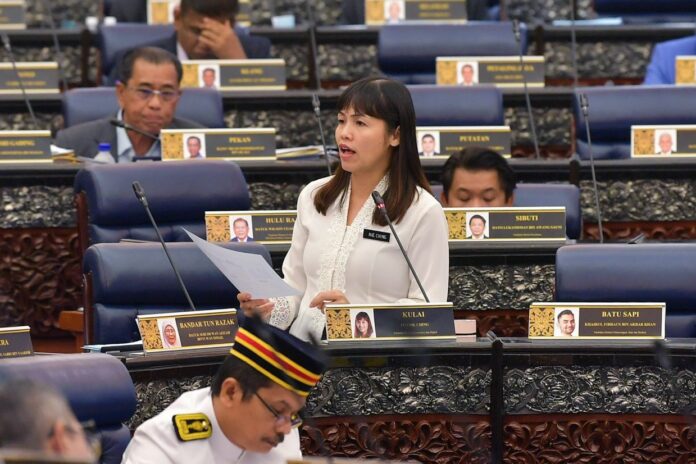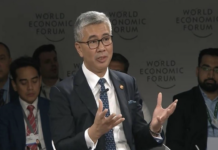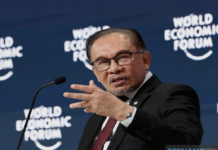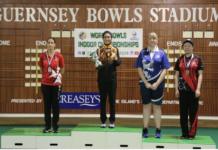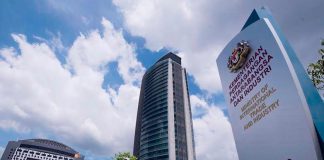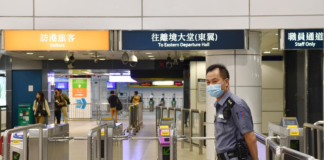KUALA LUMPUR, Nov 27 — The Malaysian Communications and Multimedia Commission (MCMC) has an investigation standard operating procedure (SOP), to prevent data leakage during the investigation period, said Deputy Communications and Digital Minister, Teo Nie Ching.
She said from 2019 to this year, MCMC has seized a total of 220 tablets, laptops and mobile phones for investigation purposes.
“Usually, the devices seized will be returned to the concerned party within a period of three to four months if no charges are made in court, but if charges are made, the devices need to be brought to court.
“This is an SOP under the MCMC, to ensure that the devices seized are for MCMC investigation; we have an SOP, to be adhered to by all officers, to ensure there is no data leakage,” she said during the question-and-answer session at the Dewan Rakyat today.
She was replying to a supplementary question from Roslan Hashim (PN-Kulim Bandar Baharu), regarding the ministry’s measures to curb any information leakage in the investigation process of agencies or enforcement bodies, thus guaranteeing the transparency and integrity of the agency concerned.
In the meantime, Teo said that the inspection of individuals investigated under any offence according to the Communications and Multimedia Act 1998 (Act 588) can be made by officers authorised by the MCMC, using a search warrant from the Court, based on Section 247 of Act 588.
“During the inspection, officers authorised by the MCMC, or the police officers, have the authority to obtain access to computerised data, as provided under Section 249 and Section 254 of Act 588, she said.
She said this in her reply to an original question from Lim Lip Eng (PH-Kepong), regarding the need to amend the law including Section 233 of Act 588, so that only police officers with the rank of Inspector and above are allowed to check the mobile phones of the general public, as a measure to protect the right to privacy and reduce the abuse of police powers.
Teo said that the entire investigation process is carried out transparently and comprehensively, covering all aspects to ensure that legal principles are upheld fairly.
Responding to Lim’s supplementary question regarding the decision to place the Department of Community Communications (J-KOM) under the jurisdiction of the Prime Minister’s Department (JPM), instead of the Ministry of Communications and Digital, Teo said that for now, the Unity Government’s position is that JKOM remains under JPM.
She said that the decision to place the department under JPM was made under the administration of former prime minister Tan Sri Muhyiddin Yassin, but Teo said that the transfer of jurisdiction for the department in the future depends on the decision of Prime Minister Datuk Seri Anwar Ibrahim.




